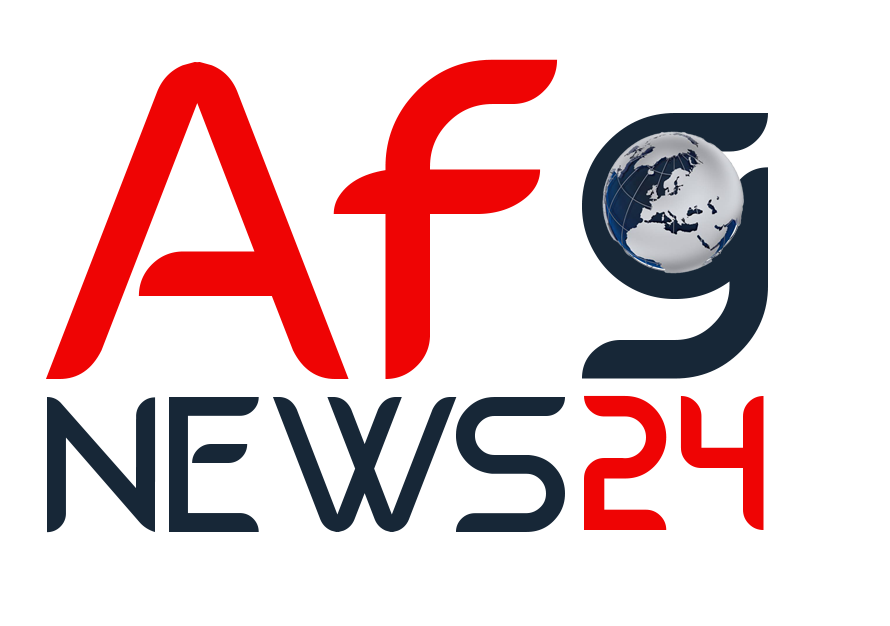
The man known as the godfather of artificial intelligence has quit his job at Google, warning of the growing dangers of advancements in the field.
Dr. Jeffrey Hinton, 75, announced his resignation from the technology company Google in a statement to the New York Times, saying he now regrets what he has done in the field of artificial intelligence.
He told the BBC that some of the risks posed by AI chatbots were “very scary”: “Right now, as far as I can tell, they’re not smarter than us. But it may happen soon and they will overtake us.”
Dr. Hinton’s groundbreaking research on neural networks and deep learning paved the way for today’s artificial intelligence systems such as the GPT chatbot.
The British-Canadian technologist told the BBC that chatbots could soon surpass the level of information held by the human brain.
“Right now, what we’re seeing is that things like GPT4 are far ahead of humans in the amount of general knowledge they have. (Artificial intelligence) is not very good at reasoning, but it does simple reasoning. And considering the speed of progress in this field, we expect that the performance of artificial intelligence will improve rapidly. So we have to worry about this.”
In his article in the New York Times, Dr. Hinton mentioned “bad actors” who will try to use artificial intelligence for “sinister purposes”.
When asked by the BBC to elaborate, he said: “It’s probably the worst possible scenario, a nightmare scenario. For example, imagine a bad actor like Putin decides to give robots the ability to create sub-goals of their own.
Eventually, the scientist warns, it may create “sub-goals” such as “I need to get more power.”
“I have come to the conclusion that the kind of intelligence we are developing is very different from the intelligence we have,” he added.
“We are biological systems and these are digital systems. And the big difference is that with digital systems you can have multiple copies of the same system with the same capabilities. And all these copies can learn separately but share their knowledge instantly with each other. It’s like having 10,000 people and when one of them learns something, the others automatically learn the same thing. This is how these conversational bots can have much more knowledge than humans.”
• In March, some famous executives and well-known figures of the world of information technology signed an open letter, demanding at least a 6-month suspension of ultra-advanced projects in this field, so that there is an opportunity to create a control system based on professional ethics.
In this letter, they are warned about the dangers and consequences of the introduction of such technologies for human life.
Some countries and world leaders are against this technology. Italy is the first western country to block ChatGBT.




